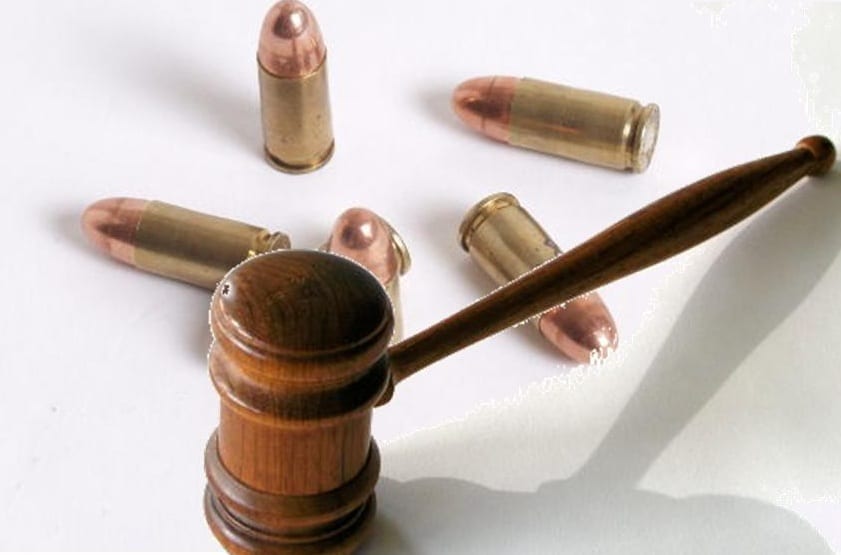 Liability coverage is being debated by a number of different states for the ownership of firearms.
Liability coverage is being debated by a number of different states for the ownership of firearms.
Following the string of shootings across the country – such as that of Newton, Connecticut’s Sandy Hook Elementary School – lawmakers in many states, as well as at the federal level, are considering ways, such as the implementation of gun insurance, for tightening control over the ownership and use of firearms.
Many states are hoping to introduce or re-introduce the requirement for liability coverage for owners.
For instance, the legislators in Pennsylvania and Maryland are joining a growing number of others, such as in California and Massachusetts, that are aiming to add requirement for liability gun insurance for the first time, or to bring it back after it had been previously eliminated. That said, this type of legislation is highly controversial and has already been rejected in 20 nationwide bills.
The proposals for the gun insurance are only one element of a series of different bills for firearm control.
Other efforts, beyond gun insurance for liability coverage, include a number of bills that are suggesting that changes be made to background checks, licensing, bullet taxes, the sizes and types of the firearms, and the magazines. In Maryland, for instance, there have been 79 separate bills put forward that are related in some way to the regulation of firearms within its current session. Similarly, the legislature in Pennsylvania has had 51 bills of this nature added to their lists.
According to the president of the Insurance Information Institute (I.I.I.), Robert Hartwig, “Legislatures can mandate, but can’t compel insurers to sell it.” This was Hartwig’s response when he was asked whether or not the insurance industry was actually ready to provide a firearm liability coverage if a bill should become a law in one of the states.
This could mean that gun insurance may not be easy to obtain, except through the plans provided through various associations. At the moment, firearms that are insured are typically covered through a property policy. Property damage and bodily injury resulting from an accidental discharge would have some coverage through a homeowners policy, for instance.
